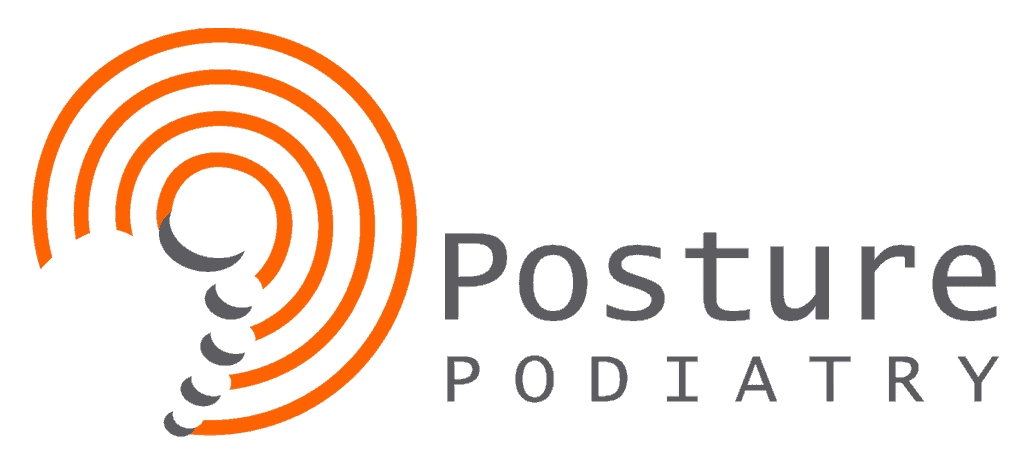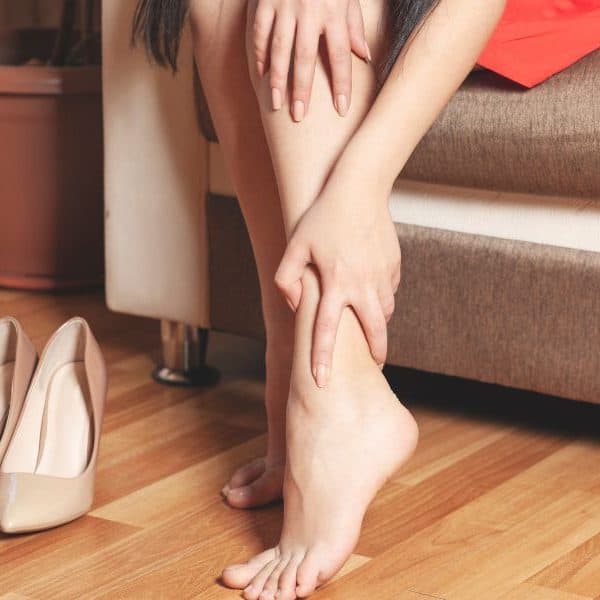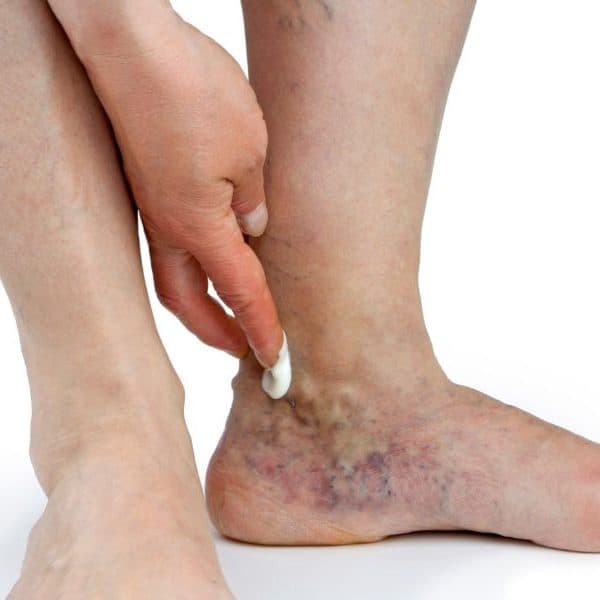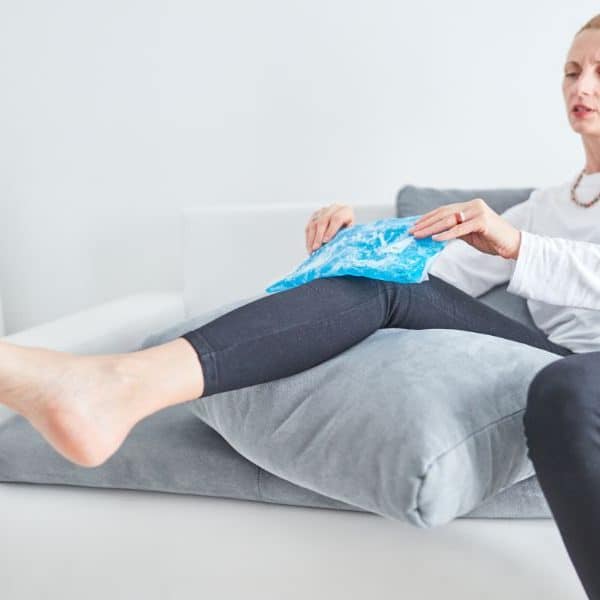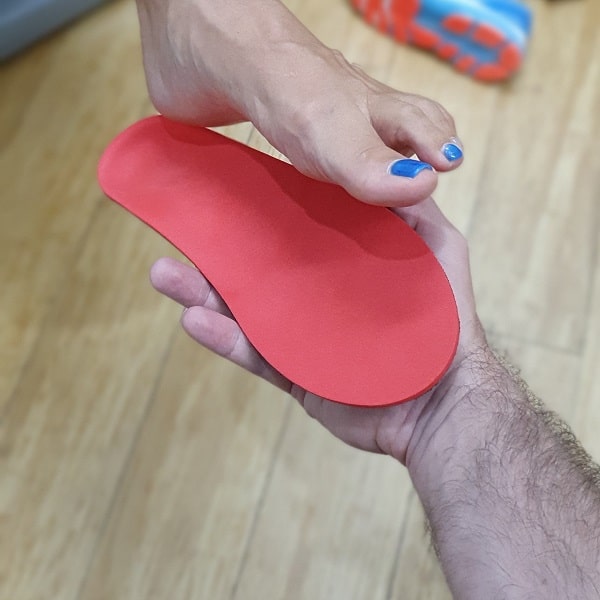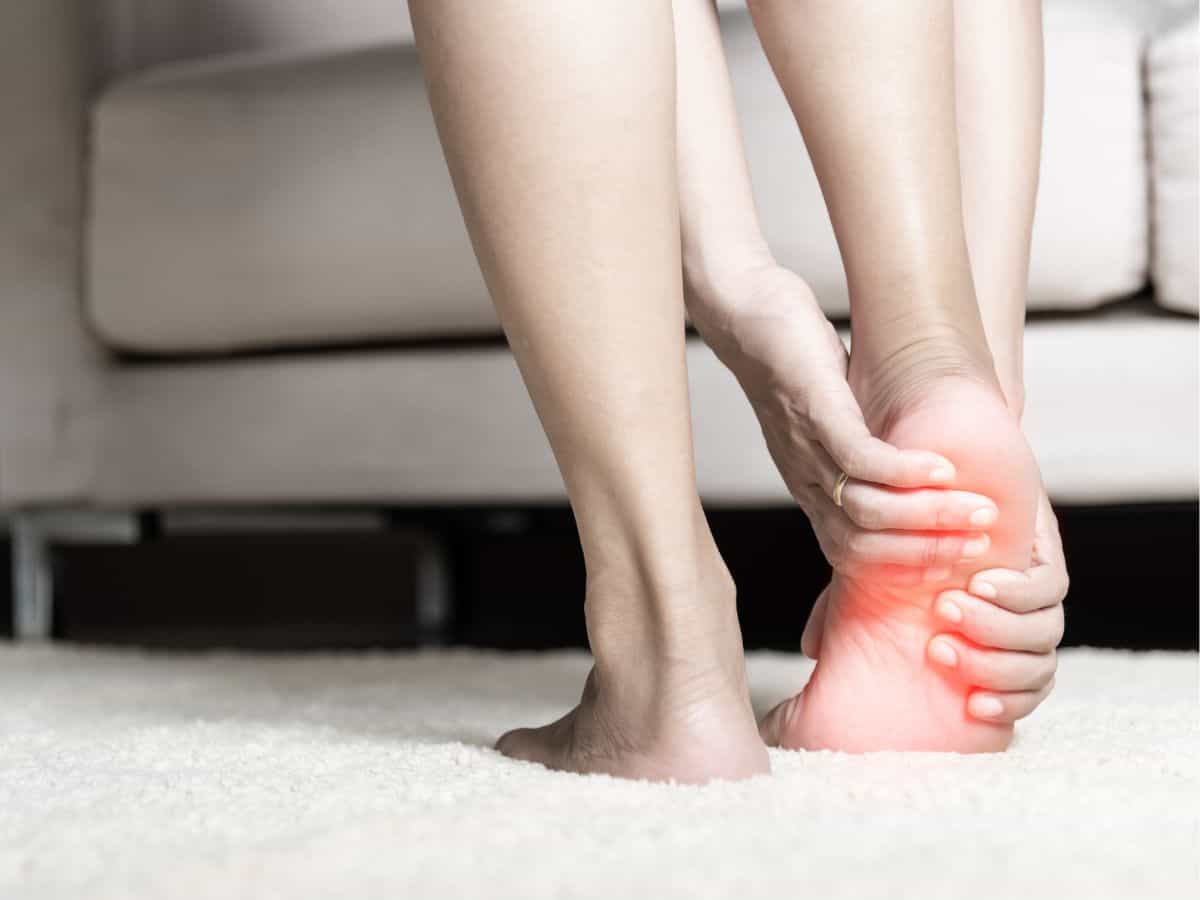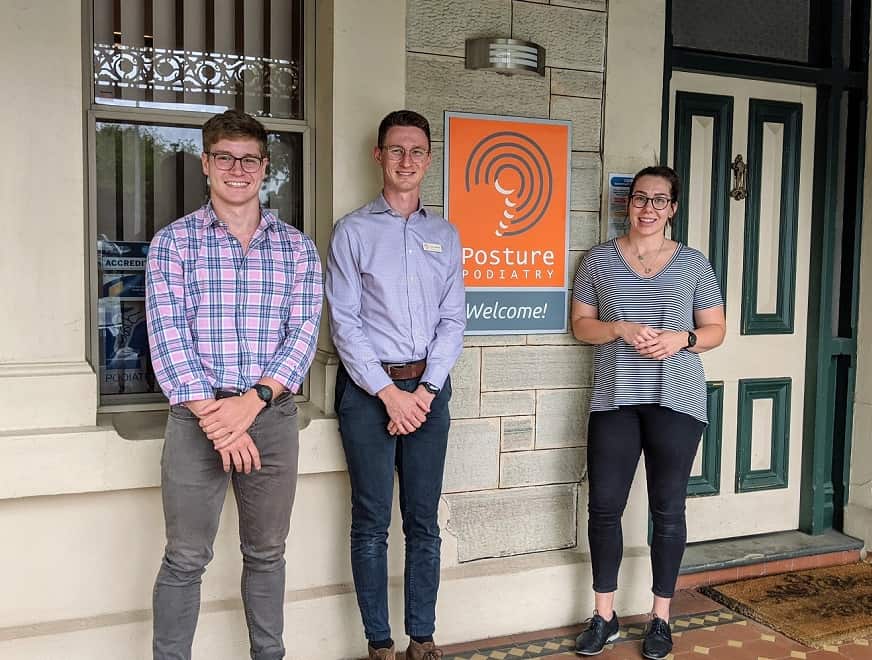The Science Behind Aching Legs: Understanding the Causes and Solutions
Are you plagued by the discomfort of aching legs? If so, you’re not alone. Many people experience this common issue, which can range from a mild annoyance to a debilitating condition that interferes with everyday life. But what exactly causes these aches, and more importantly, what can be done to find relief?
In this article, we delve into the science behind aching legs, exploring the various factors that contribute to this discomfort. From muscle fatigue and overuse to poor circulation, we uncover the root causes that may be responsible for your suffering. Understanding these underlying factors is crucial to finding effective solutions.
Not only will we explore the causes, but we’ll also provide you with actionable solutions to help alleviate your aching legs. From simple lifestyle changes to targeted exercises and medical interventions, we’ll cover a range of options that can bring you much-needed relief.
Don’t let aching legs hold you back any longer. Dive into the science behind this condition and discover the solutions that can help you regain control of your legs and your life.
Find an Adelaide Podiatrist Nearby for Aching Legs Treatment
BOOK ONLINE for an Initial Low or No Gap* Assessment
or Call 8362 5900 to schedule an appointment to see how we can help.
Common Causes of Aching Legs
Aching legs can have various causes and understanding them is the first step towards finding relief. One of the most common causes is muscle fatigue and overuse. When you engage in physical activities that involve repetitive movements or prolonged periods of standing, your leg muscles can become tired and overworked. This can lead to soreness and aching sensations. It’s important to give your muscles adequate rest and recovery time to prevent this type of leg discomfort.
Foot or leg posture imbalances can exacerbate any overuse leading to tiredness or aching legs much sooner than expected.
Another factor that can contribute to aching legs is poor circulation and blood flow. When blood flow to the legs is compromised, it can cause a buildup of lactic acid and other waste products in the muscles. This can lead to inflammation and discomfort. Conditions such as peripheral artery disease and deep vein thrombosis can also impair blood flow, resulting in aching legs. Improving circulation through exercise, proper hydration, and avoiding prolonged periods of sitting or standing can help alleviate this issue.
Having your foot and leg circulation assessed by your podiatrist can help to ensure blood flow is relatively normal.
Additionally, nerve-related conditions can cause aching legs. Conditions like sciatica, which occurs when the sciatic nerve in the lower back is compressed or irritated, can cause pain that radiates down the leg. Other nerve-related conditions, such as peripheral neuropathy or nerve entrapment syndromes, can also result in leg discomfort.
Identifying and addressing these underlying nerve issues can be essential when trying to find relief from aching legs.
Find an Adelaide Podiatrist Nearby for Aching Legs Treatment
BOOK ONLINE for an Initial Low or No Gap* Assessment
or Call 8362 5900 to schedule an appointment to see how we can help.
Lifestyle Factors Contributing to Aching Legs
Apart from the physiological causes mentioned above, certain lifestyle factors can contribute to aching legs. Obesity, for instance, places increased stress on the legs and can lead to discomfort. Carrying excess weight puts additional strain on the muscles and joints, making them more prone to aches and pains. Maintaining a healthy weight through proper diet and regular exercise can help alleviate this issue.
Another lifestyle factor that can contribute to aching legs is wearing improper footwear. Shoes that don’t provide adequate support or that are too tight can cause leg discomfort. Excessively high heels, in particular, can put excessive pressure on the feet and add extra strain to leg muscles, leading to aching sensations. Opting for comfortable, supportive footwear that fits properly can make a significant difference in reducing leg pain.
Lastly, poor posture and ergonomics can also contribute to aching legs. Sitting or standing with improper posture for extended periods can strain the muscles and joints in the legs. Maintaining good posture and taking regular breaks to stretch and move around can help prevent leg discomfort caused by poor ergonomics.
If aching legs persist, consulting an experienced podiatrist to assess the feet, legs and walking pattern can help to resolve any underlying causes.
Find an Adelaide Podiatrist Nearby for Aching Legs Treatment
BOOK ONLINE for an Initial Low or No Gap* Assessment
or Call 8362 5900 to schedule an appointment to see how we can help.
Solutions for Relieving Aching Legs
Now that we understand the various causes of aching legs, let’s explore some effective solutions that can help alleviate this discomfort.
Rest and Recovery Techniques for Aching Legs
One of the simplest ways to relieve aching legs is to give them adequate rest and recovery time. When your leg muscles are fatigued or overworked, taking a break from strenuous activities can give them the opportunity to repair and rebuild. This can help reduce inflammation and alleviate discomfort. Additionally, elevating your legs and applying ice packs can help reduce swelling and provide immediate, short-term relief.
Your podiatrist can help with advice on activity, strengthening exercises and training loads to help avoid overuse injuries in the legs.
Exercise and Stretching for Improving Leg Health
Regular exercise and stretching can play a crucial role in improving leg health and reducing aching sensations. Engaging in activities that strengthen the leg muscles, such as walking, cycling, or swimming, can help improve muscle endurance and prevent fatigue. Incorporating stretching exercises, such as calf stretches and hamstring stretches, can also help improve flexibility and reduce muscle tension. It’s important to start slowly and gradually increase the intensity and duration of your workouts to avoid overexertion. Overuse injuries such as posterior tibial tendinopathy, peroneal tendinopathy and calf strains are just a few examples of conditions which commonly cause aching pain in the legs. Fortunately, conservative treatment is very successful in most cases.
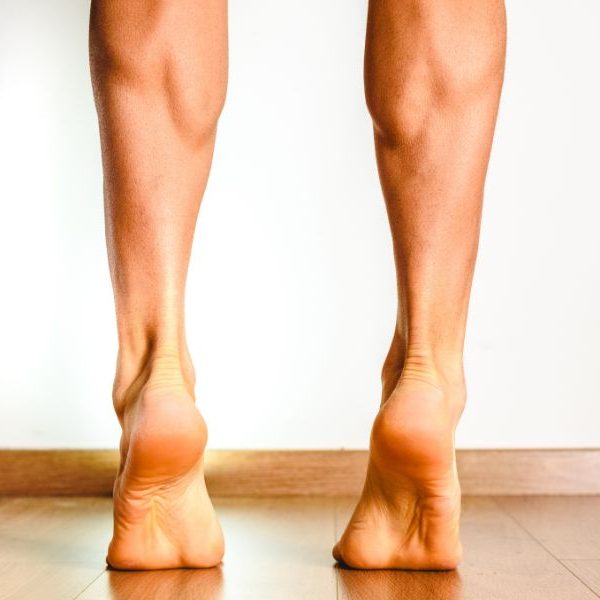
Medical Treatments and Therapies for Aching Legs
In some cases, lifestyle changes and self-care measures may not be sufficient to alleviate aching legs. Medical treatments and therapies can provide additional relief for individuals experiencing chronic or severe leg discomfort. Consultation with an experienced podiatrist is recommended to determine the most appropriate treatment options for your specific condition. These may include exercise prescription, massage therapy, physical therapy, dry needling, footwear advice, foot and leg mobilisation and/or orthotic therapy if foot and leg alignment is a contributing factor.
In some rare instances, specific medications for pain management or even surgical interventions may need consideration. It’s important to ascertain an accurate diagnosis to ensure treatment is appropriate.
Find an Adelaide Podiatrist Nearby for Aching Legs Treatment
BOOK ONLINE for an Initial Low or No Gap* Assessment
or Call 8362 5900 to schedule an appointment to see how we can help.
Prevention Tips for Avoiding Aching Legs
Prevention is always better than cure, and there are several measures you can take to avoid aching legs in the first place. Some preventive tips include maintaining a healthy weight, wearing proper, supportive footwear, practicing good posture and ergonomics, and staying hydrated can be helpful. It’s also important to listen to your body and avoid overexertion or repetitive activities that may strain your leg muscles. Incorporating regular exercise and gradually stretching into your routine can also help strengthen your legs and prevent discomfort. If pain persists, notify your podiatrist.
In conclusion, aching legs can be a common and bothersome issue, but understanding the underlying causes can help you find effective solutions. Whether it’s muscle fatigue, overuse, foot posture problems, poor circulation, nerve-related conditions, or lifestyle factors, there are various ways in which podiatrists can help to alleviate the discomfort.
By incorporating rest and recovery techniques, exercise and stretching, appropriate treatments, and preventive measures into your lifestyle, you can regain control of your legs and enjoy a life free from aching sensations. Don’t let aching legs hold you back any longer – take the necessary steps to find relief and improve your leg health today.
Remember, it’s always advisable to consult with an experienced podiatrist for a proper diagnosis and personalised treatment plan tailored to your specific needs.
Find an Adelaide Podiatrist Nearby for Aching Legs Treatment
BOOK ONLINE for an Initial Low or No Gap* Assessment
or Call 8362 5900 to schedule an appointment to see how we can help.
Frequently Asked Questions About Aching Legs…
Here are answers to the 15 common questions about aching legs:
Why do my legs ache after a long day of standing or walking?
Aching legs after prolonged standing or walking can be due to muscle fatigue, increased pressure on leg veins, inadequate blood circulation, or postural imbalances in the feet and legs. This discomfort is often temporary and can be relieved with rest. If pain persists, you should consult a podiatrist for examination.
What are some common causes of leg muscle pain?
Leg muscle pain can result from overuse injury, muscle strain, dehydration, electrolyte imbalances, postural imbalances, or even underlying conditions like muscle cramps or muscle injuries.
How can I differentiate between muscle aches and more serious leg issues?
Muscle aches are typically generalized discomfort, while serious leg issues might include symptoms like sharp pain, numbness, tingling, or swelling. If pain is severe, persistent, or accompanied by these symptoms, consult your podiatrist or doctor.
Are there any home remedies to alleviate aching legs?
Yes, you can try methods like applying ice or heat, gentle stretching, massaging your legs, staying hydrated, and getting enough rest to help alleviate mild leg aches. Aching legs which are persistent or sudden in their onset should be investigated medically.
Could dehydration be a cause of my leg pain?
Dehydration can lead to muscle cramps and aching in the legs. Make sure to drink enough water, especially if you’re physically active.
Can sitting for long periods lead to leg discomfort and aching?
Prolonged sitting can cause poor blood circulation and muscle stiffness, which might result in leg discomfort. Taking short walks, stretching, and changing positions can help alleviate this. If travelling for long periods by plane, bus, or train, be sure to exercise the leg muscles regularly.
Are there specific exercises or stretches that can help relieve leg pain?
Yes, gentle calf stretches, hamstring stretches, and quadriceps stretches can help alleviate with leg pain. Ascertaining a diagnosis is important to ensure the causative factors are addressed. Your podiatrist and physiotherapist can help with a personalized exercise plan.
What role does age play in experiencing frequent leg aches?
As you age, muscle mass and elasticity naturally decrease, potentially leading to increased muscle stiffness and discomfort. Staying active and maintaining flexibility can help mitigate this.
Can nutritional deficiencies contribute to leg muscle pain?
Yes, deficiencies in minerals like magnesium, potassium, and calcium can lead to muscle cramps and aches. A balanced diet rich in these nutrients can help prevent such issues.
Find an Adelaide Podiatrist Nearby for Aching Legs Treatment
BOOK ONLINE for an Initial Low or No Gap* Assessment
or Call 8362 5900 to schedule an appointment to see how we can help.
When should I be concerned about leg pain and seek medical attention?
Seek medical attention if your leg pain is severe, persistent, accompanied by swelling or redness, or if you have a history of medical conditions like diabetes, heart disease, deep vein thrombosis or blood clots.
Is poor circulation related to aching legs? What can I do to improve circulation?
Yes, poor circulation can cause aching legs. To improve circulation, stay active, elevate your legs, avoid sitting for prolonged periods, and consider compression stockings under medical guidance.
Are there any lifestyle changes I can make to prevent recurrent leg aches?
Maintaining a healthy weight, staying physically active, practicing good posture, and avoiding smoking can all contribute to preventing recurrent leg aches.
Could my leg pain be a side effect of certain medications I’m taking?
Some medications can cause muscle aches as a side effect. Check with your family doctor if you suspect your medication might be contributing to your leg pain.
How does obesity or excess weight impact leg discomfort and aching?
Excess weight can put added strain on leg muscles and joints, leading to discomfort and aching. Losing weight through a healthy diet and exercise can help alleviate this burden.
Are there any medical conditions, such as restless leg syndrome or varicose veins, that could be causing my leg pain?
Yes, conditions like restless leg syndrome, varicose veins, and peripheral artery disease can cause leg discomfort. Consulting a doctor can help determine if any underlying conditions are contributing to your pain. Your podiatrist will work in conjunction with your family doctor to ensure any circulation deficiencies are addressed should they be evident.
Remember, while these answers provide general guidance, it’s important to consult your podiatrist or family doctor for accurate diagnosis and personalised advice based on your specific situation.
Find an Adelaide Podiatrist Nearby for Aching Legs Treatment
BOOK ONLINE for an Initial Low or No Gap* Assessment
or Call 8362 5900 to schedule an appointment to see how we can help.
